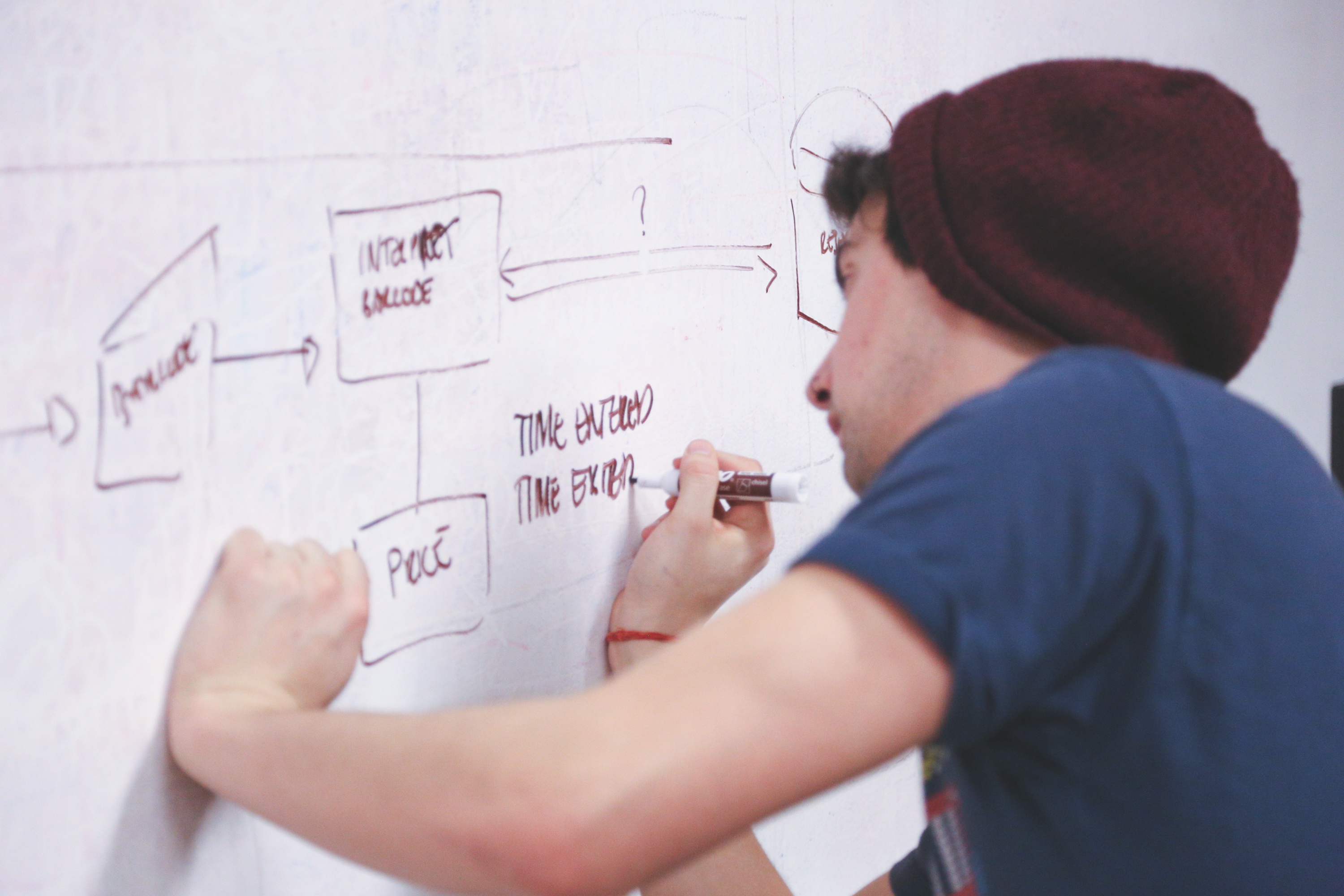-

Mastering systems thinking in practice
Learn more to access more details of Mastering systems thinking in practiceThis free course, Mastering systems thinking in practice, provides a primer for someone wanting to take the postgraduate qualifications in Systems Thinking in Practice. It will help you develop new ways of thinking about and approaching situations that cross multiple discipline and skill boundaries. You will learn to think more holistically ...
-

Systems thinking and practice
Learn more to access more details of Systems thinking and practiceWhat is systems thinking and practice? The essence of systems thinking and practice is in 'seeing' the world in a particular way, because how you 'see' things affects the way you approach situations or undertake specific tasks. This free course will help you to learn about the problems of defining a system and meet some of the key concepts used ...
-

Systems diagramming
Learn more to access more details of Systems diagrammingPlease note: This course contains a Flash activity which is no longer playable. It is being updated. This course can still be studied, but you may like to postpone your study for now if you would rather have the full experience.
-

Systems modelling
Learn more to access more details of Systems modellingMaps and plans, architects and engineers, drawings, graphs and tables: all are models we use in everyday life. This free course, Systems modelling, will introduce you to the modelling process, enabling you to recognise that systems models may be used in different ways as part of a process for: improving understanding of a situation; identifying ...
-

Learning, thinking and doing
Learn more to access more details of Learning, thinking and doingHow do we learn? Understanding how is the key to learning more effectively. This free course, Learning, thinking and doing, looks at the three main categories of theories: the acquisitive, constructivist and experiential models of learning. There is no right way to learn but developing an active approach will ensure that you are open to new ideas.
-

Environmental management and organisations
Learn more to access more details of Environmental management and organisationsIt is believed that environmental management requires action at all levels and by organisations of all types and sizes. However it is not always clear what we mean by environmental management and the role that organisations do and could play. This free course, explores the different interpretations and viewpoints involved by using system ...
-

Managing complexity: a systems approach
Learn more to access more details of Managing complexity: a systems approachDo you need to change the way you think when faced with a complex situation? Managing complexity: a systems approach, is a free course that examines how systemic thinking and practice enables you to cope with the connections between things, events and ideas. By taking a broader perspective complexity becomes manageable and it is easier to accept...
-

Systems engineering: Challenging complexity
Learn more to access more details of Systems engineering: Challenging complexityThis free course, Systems engineering: Challenging complexity, examines system engineering and why it is important. You will learn to identify and evaluate the importance of relationships within the process and assess the relative importance of stakeholders. You will also be able to classify a systems engineering project in terms of the balance ...
-

Successful IT systems
Learn more to access more details of Successful IT systemsInformation technology (IT) systems are a critical part of our world, in business and the public and voluntary sectors. They are often highly complex and interconnected combinations of technology, organisations and people. Success and failure of IT systems can be seen in many different settings. Many are highly successful; others fail, sometimes...
- The Open University
- Guest user / Sign out
- Study with The Open University
- The Open University
- Guest user / Sign out
- Study with The Open University
My OpenLearn Profile
Personalise your OpenLearn profile, save your favourite content and get recognition for your learning

Rate and Review
Rate this article
Review this article
Log into OpenLearn to leave reviews and join in the conversation.
Article reviews